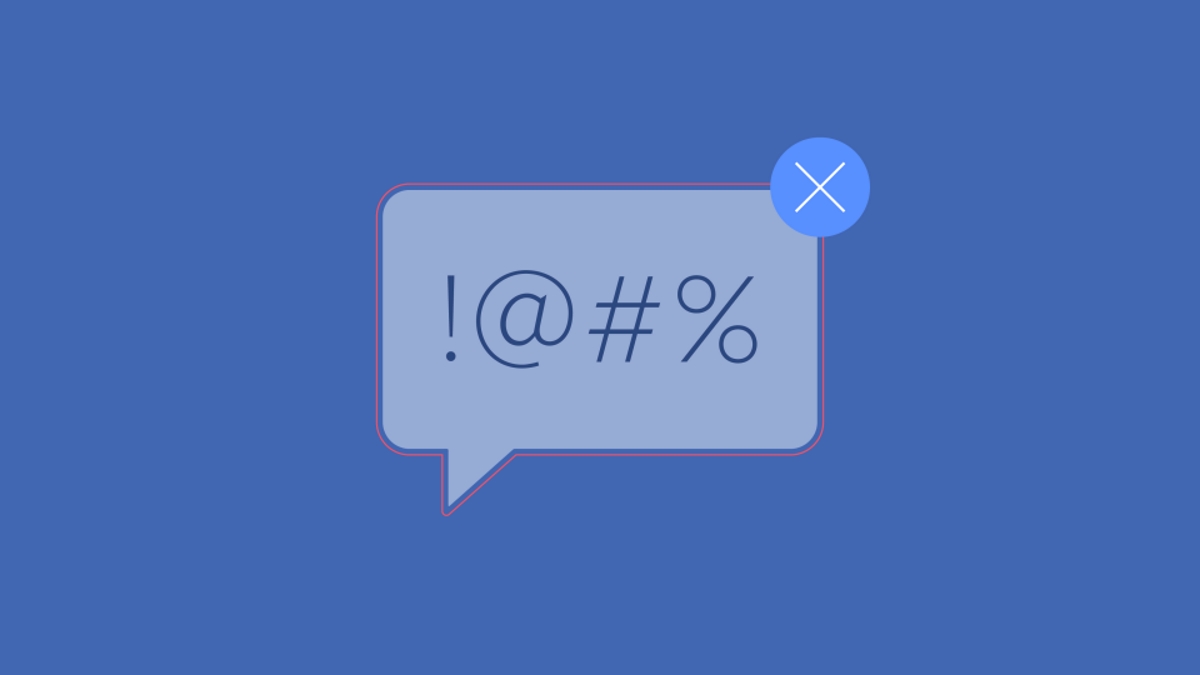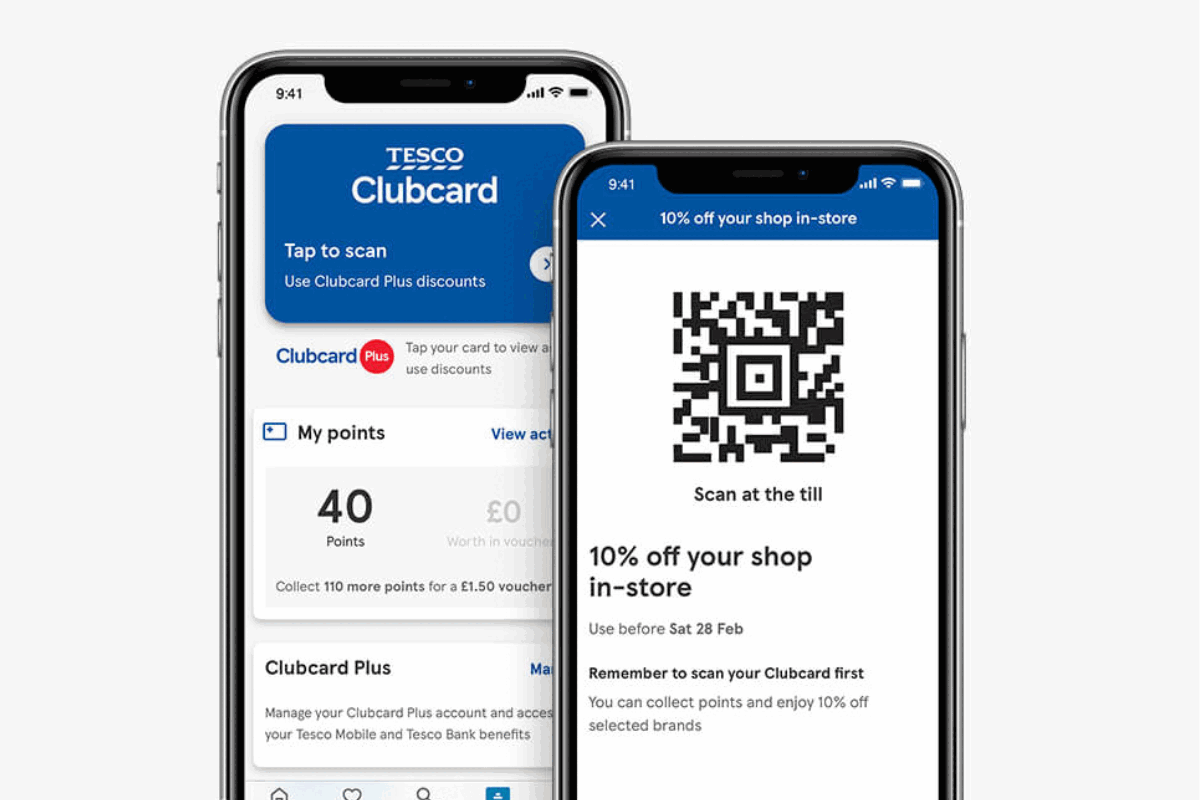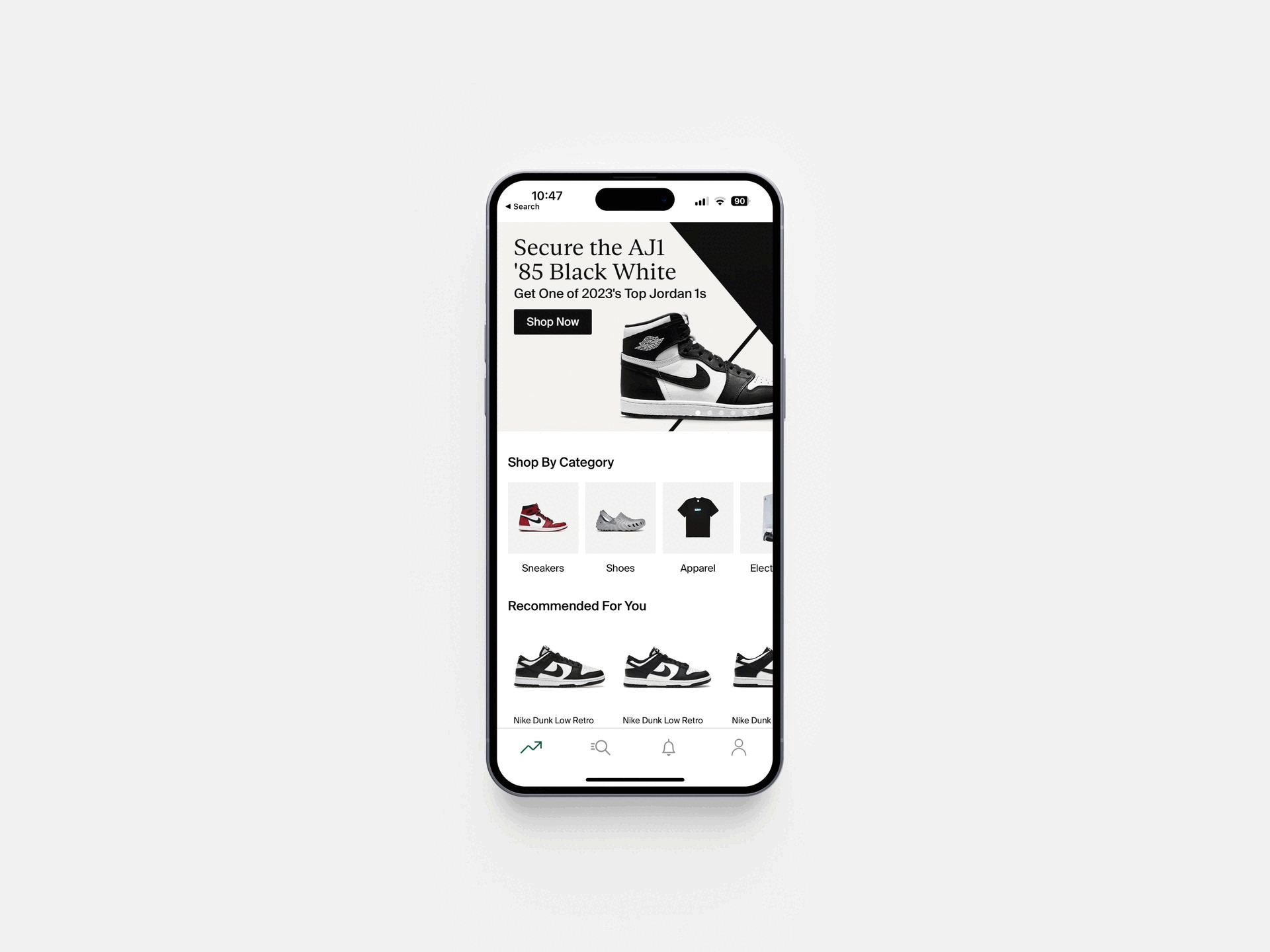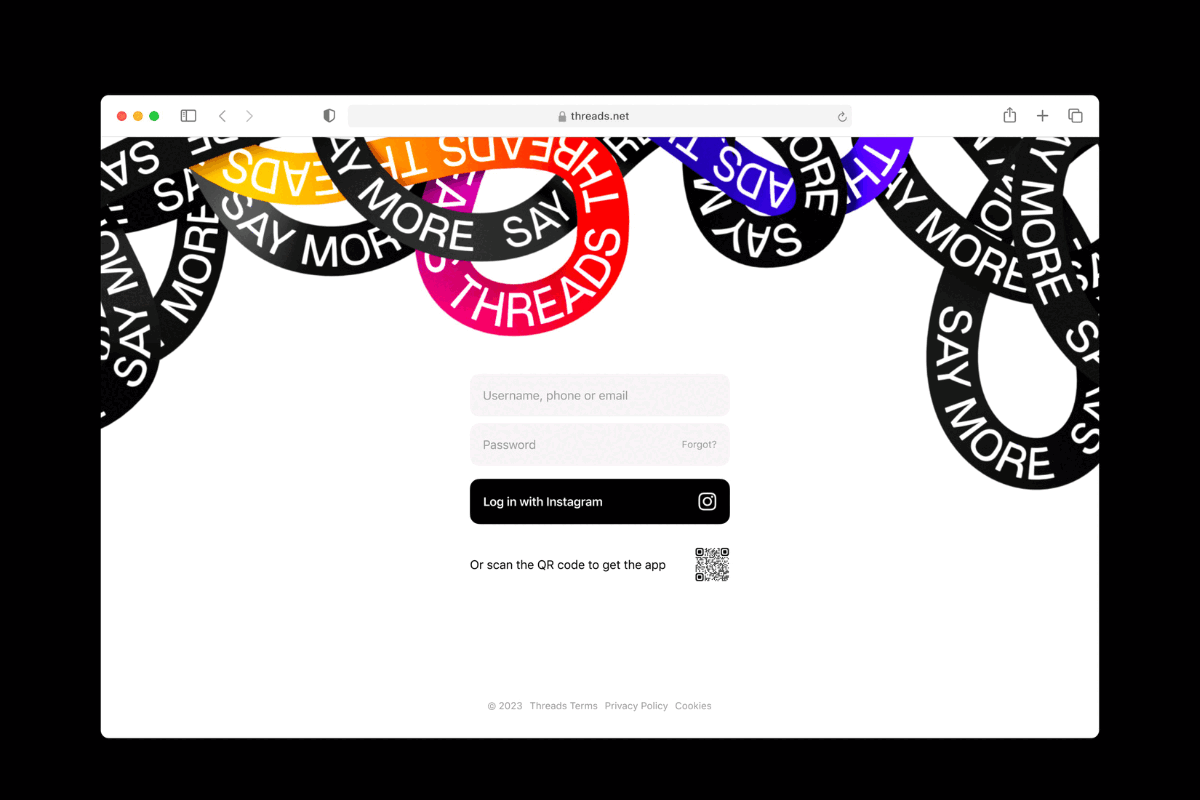Cyberhate in America has become “deeply disturbing”
- Wednesday, February 13th, 2019
- Share this article:
 The Anti-Defamation League (ADL) is calling for change after the organization’s recent study found that 37 per cent of Americans experienced severe cyberhate in 2018, including sexual harassment, stalking, and physical threats or sustained harassment. This is a 19 per cent increase from the severe online hate and harassment reported in 2017.
The Anti-Defamation League (ADL) is calling for change after the organization’s recent study found that 37 per cent of Americans experienced severe cyberhate in 2018, including sexual harassment, stalking, and physical threats or sustained harassment. This is a 19 per cent increase from the severe online hate and harassment reported in 2017.
Cyberhate was much more prevalent on Facebook than other platforms, with 56 per cent of respondents admitting to being harassing on the social website. Other reported locations of harassment included Twitter (19 per cent), YouTube (17 per cent), Instagram (16 per cent) and WhatsApp (13 per cent).
While conducting the survey, the ADL limited responses to daily platform users, and found that 47 per cent of all daily users on Twitch had experienced hate, followed by Reddit (38 per cent), Facebook (37 per cent), and Discord (36 per cent).
“It’s deeply disturbing to see how prevalent online hate is, and how it affects so many Americans,” said ADL CEO Jonathan A. Greenblatt. “Cyberhate is not limited to what’s solely behind a screen; it can have grave effects on the quality of everyday lives – both online and offline. People are experiencing hate and harassment online every day and some are even changing their habits to avoid contact with their harassers.”
Both conservative and liberal survey respondents agree that the US must take quick action against the increase in cyberbullying. More than 80 per cent of Americans want policymakers to implement stronger laws and devote more resources to training police on countering cyberhate. 84 per cent said they want private tech companies, such as Facebook, to take more action to prevent harassment. To trigger action, ADL’s report included recommendations for both policymakers and tech companies on how to prevent online hate.
“More must be done in our society to lessen the prevalence of cyberhate,” said Greenblatt. “There are key actions every sector can take to help ensure more Americans are not subjected to this kind of behavior. The only way we can combat online hate is by working together, and that’s what ADL is dedicated to doing every day.”
ADL’s Center for Technology and Society partnered with YouGov, a market and data analytics firm, to survey 1,134 Americans late last year. In order to better gauge how sexual orientation, religion, and race effected a person’s vulnerability to online hate, the survey included and oversampling of participants who were Jewish, Muslim, African American, Asian American or LGBTQ+.
The survey discovered 63 percent of participants who identified as LGBTQ+ experienced harassment online because of how they identified. This was followed by Muslim people (35 per cent), Hispanics (30 per cent), African-Americans (27 per cent), women (24 per cent), Asian-Americans (20 per cent) and Jewish people (16 per cent).
Out of the 53 per cent of Americans who experienced any type of mild or severe online hate, 38 per cent decreased, changed or stopped their online activity. 18 per cent tried to directly contact the platform they were harassed on, 15 per cent took steps to prevent a physical attack, and 6 per cent contacted the police for help or to report the cyberhate. The ADL also found that 59 per cent of Americans believe online hate and harassment is leading to an increase in crime.

















